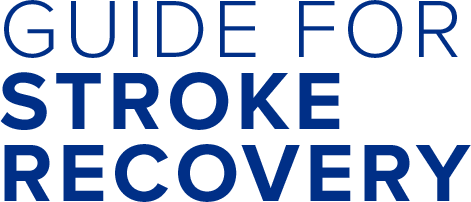What types of pain are common after a stroke?
Pain is a common symptom after stroke. Pain after stroke can often be caused by:
- Changes to parts of your body
- Damage to the pain parts of your brain
Managing your pain can help you be more active and allow you to participate in activities you enjoy.
If you have pain, talk to your health care team.
Some types of pain will go away in a short time. Other types of pain may last more than 6 months.
Your health care team can help you find ways to manage your pain. Some options include:
- Medication
- Relaxation techniques
- Exercise
- Cognitive-behavioural therapy (therapy that helps you understand your thoughts and behaviour and make helpful changes)
- Acupuncture
- Massage therapy
- Aqua fit (exercising in water)
- Botox® treatments by a certified Neurologist. Speak to your doctor or nurse practitioner for more information.
Some people may experience shoulder pain, shoulder-hand syndrome and/or burning, tingling or stabbing pain. Click on the images below to learn more about each of these.
Having read the information in this section, consider the following
- Do I have tightness or weakness in my muscle that is causing pain or limiting my movement?
- Does pain limit or stop me from doing the things I want to do?
- Do I know what to do if my pain gets worse, is more frequent, or lasts longer?
- Do I know what to do if my pain is causing other problems (e.g., anxiety, memory problems, sleep issues)?
Where to get more information, help and support:
Mount Sinai Hospital: Wasser Pain Management Centre
University Health Network Comprehensive Integrated Pain Program
